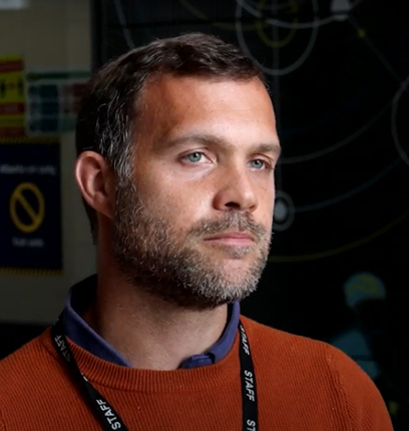About
Dr Mark Waldron is a Senior Lecturer in Sports and Exercise Sciences at Swansea University and a Senior Research Fellow at the University of New England, Australia. Mark is also the Performance Physiology lead for the Welsh Institute of Performance Science. He has previously worked as a Senior Physiologist at the Defence and Science Technology Laboratory (DSTL) and as a Sports Scientist in professional Rugby League. Mark is a consultant for various elite sports clubs and institutions around the world and frequently publishes research in the area of human performance.

